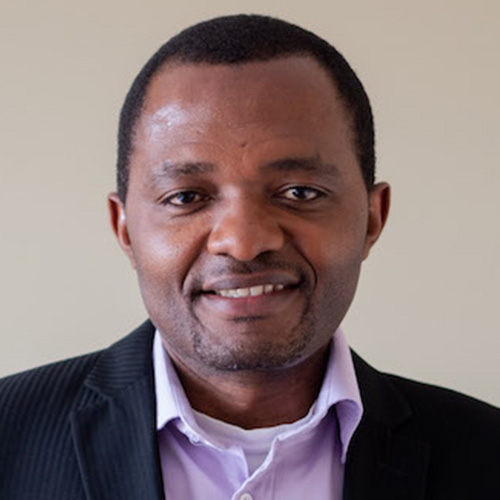
Anderson Kehbila
Country (Nationality)
Kenya
Grantee Title
Project - Modelling the transition towards a low-carbon economy in the East African Community.
Grantee Description
Kehbila is a Research Fellow in the department of energy and climate change at the Stockholm Environment Institute, Kenya. He completed a Master’s degree in business administration (MBA) at Simon Fraser University, Canada and a PhD in Environment and Natural Resources Management at the Brandenburg University of Technology, Germany. His PhD research work was titled “Development and policy analysis of low-carbon strategies for the sub-Saharan African Automotive Sector” which was funded by the Friedrich Erbert Foundation, Germany.
Kehbila has worked extensively in sub-Sahara Africa where he researched, consulted and collaborated with several international NGOs, multilateral and private sector organizations including EcoXergy Solutions, IITA, Felber and Associés, AWF, ICRAF, UNDP, USAID, AfDB, World Bank and Natural Resources Canada. He has published more than 18 peer-reviewed articles on environment, climate change and natural resource management in reputable academic journals. His research interests revolve around energy-carbon-economic modelling, the quantification of scenarios, multicriteria decision analysis and transition pathways.
Project - Modelling the transition towards a low-carbon economy in the East African Community.
Modelling low-emission transitions involves assessing the dynamic interactions between climate and human activities while including stakeholders and their valuable knowledge in a consensus decision-making process. While decision-makers at all levels of government and of various sectors recognize the need to transition to low-carbon economies, the lack of crucial data on climate impacts and trends, costs and benefits of different policy measures, minimal interaction with other policies and limited mechanisms for cross-scale and cross-sector coordination and collaboration hinders the development of appropriate policies to bring about transformational change. This research seeks to bridge these gaps in science, technology and policy by providing decision-makers with the information and tools they need (i.e. low-carbon economic models, quantified simulation scenarios, transition pathways and indicators) for measuring and evaluating the roll out of policies and programs in the energy, industry and transportation sectors; the key government priority sectors for greenhouse gas mitigation in member countries of the East African Community (Tanzania, Rwanda, Uganda) and Ethiopia.
